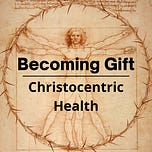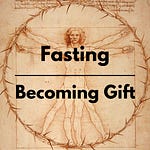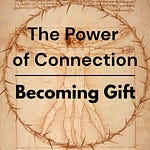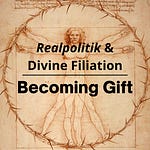The topic of this week’s segment is the virtue of studiousness in acquiring knowledge, and the vice of curiosity. The podcast delves into the various ways one can fall into the vice of curiosity, including studying too much, studying the wrong things, or learning for the wrong reasons, and emphasizes the crucial balance between knowing and doing, or loving.
Key Takeaways:
Understanding Studiousness and Curiosity: Studiousness is defined as a virtue in acquiring knowledge. However, one can fall into the vice of curiosity by studying too much, studying the wrong things (such as something "too low," "bad" like the occult, or things that don't apply to one's duties), or studying in the wrong way (immoderately consuming data). This vice also includes learning for the wrong reasons, such as pride, covetousness, or self-reliance, which can resemble. Curiosity can be Practical Gnosticism or "salvation through knowledge".
The Danger of "Action Faking" and Postponing Action: The self-help industry often promotes dissatisfaction and consuming self-help content can lead to "action faking," where thinking about a task or planning for it provides the good feelings of actually doing it, without any real action being taken. This excessive learning or planning can postpone actual doing, acting, and loving. If reading one or two books on a subject haven't led to change, reading additional books is unlikely to help.
Prioritizing Loving Over Endless Knowing: Learning can become a distraction or a form of self-medication, preventing individuals from addressing immediate responsibilities or deeper issues. Knowing should direct loving, and the "doing" or "loving" should constitute the majority of one's efforts, not just the "knowing". Excessive intellectualization without corresponding action, can lead to negative outcomes.










